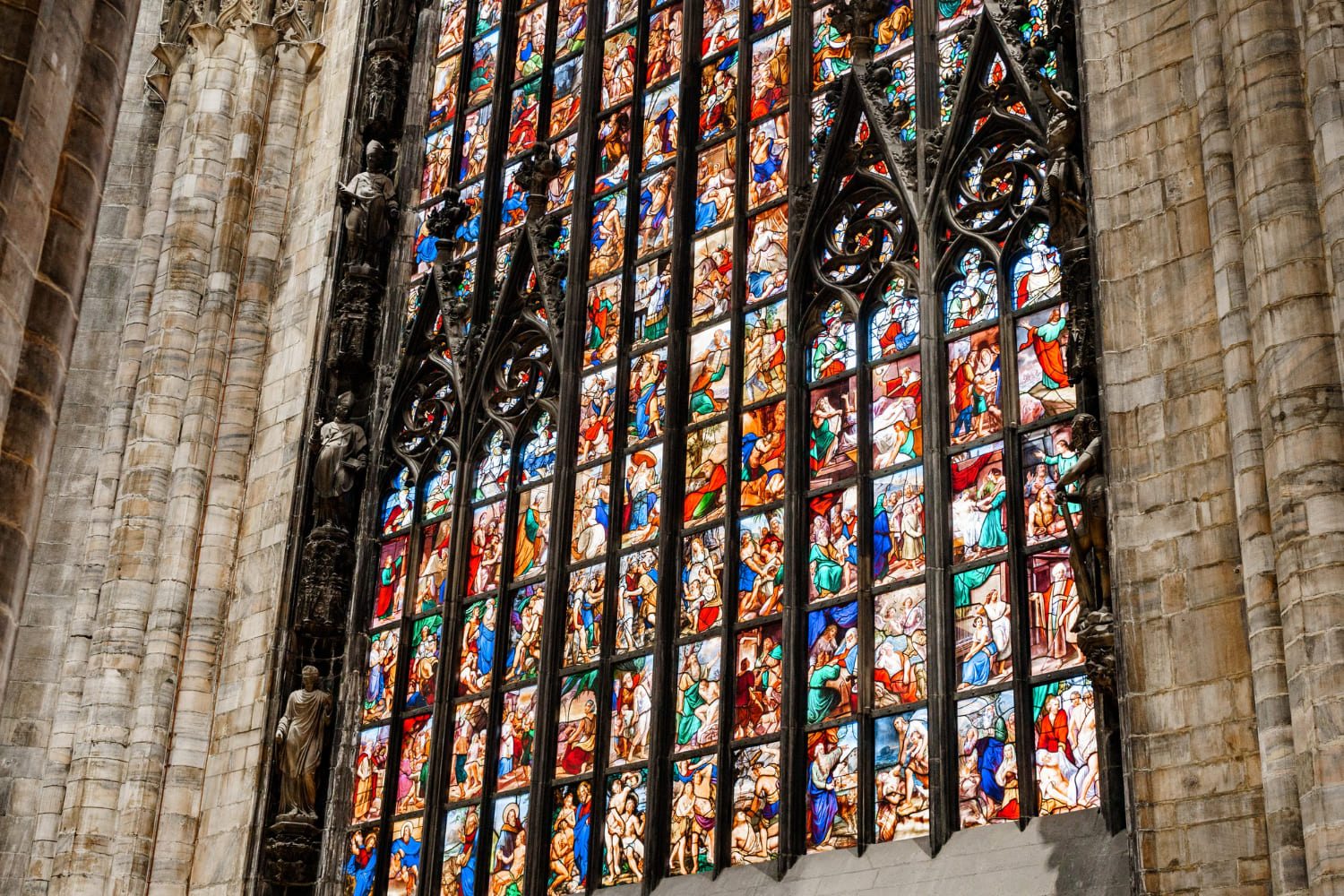Yemen is a country located in the Middle East, known for its rich culture and history. The country is home to a diverse population, with various ethnicities and religions.
Religion plays a significant role in Yemeni society, with Islam being the dominant religion.

Yemen is an Islamic country, with more than 99% of the population being Muslim.
Approximately 60% of Yemeni Muslims belong to Sunni Islam, mostly the Shafi’i school, while the remaining 40% belong to Shia Islam.
Other religions such as Christianity, Judaism, Hinduism, and Baha’i make up less than 1% of the population.
This article will provide a comprehensive list of religions in Yemen, including their statistics and demographics.
It will explore the history and development of religion in Yemen and shed light on the current state of religious diversity in the country.
Overview of Religions in Yemen

Historical Context
Yemen is an Islamic country, and the majority of Yemenis are Muslims. Islam was introduced to Yemen in the 7th century AD, during the lifetime of the Prophet Muhammad.
Yemen has a rich Islamic history, and it is considered to be one of the oldest centers of Islamic civilization.
The country has been ruled by various Islamic dynasties throughout history, including the Umayyad, Abbasid, and Ayyubid dynasties.
Major Religious Groups
According to the U.S. Department of State, more than 99% of the population of Yemen is Muslim, with approximately 60% belonging to Sunni Islam (mostly Shafi’i) and 40% belonging to Shia Islam (mostly Zaidi).
The Zaidi Shia are a distinct form of Shia Islam, and they are the largest religious minority in Yemen.
There are also small numbers of Christians, Jews, and Hindus in Yemen.
However, they are not recognized by the government as official religious groups, and they face discrimination and persecution.
The constitution of Yemen allows for the freedom of worship, but in practice, non-Muslims face significant obstacles in practicing their religion.
In conclusion, Yemen is an Islamic country with a rich Islamic history. The majority of Yemenis are Muslims, with the largest religious minority being the Zaidi Shia.
Non-Muslims in Yemen face significant obstacles in practicing their religion, despite constitutional guarantees of religious freedom.
Islam in Yemen
Yemen is an Islamic country with a rich history of Islamic influence. Islam was introduced to Yemen around 630 AD by Ali, who finalized the conquest when Muhammad was still alive.
It was during this period that the mosques in Janad (near Ta’izz) and the Great Mosque of Sana’a were built. Yemenis are divided into two principal Islamic religious groups: Sunni and Shia.
Sunni Islam
Sunni Islam is the largest religious group in Yemen, accounting for approximately 65% of the population.
The majority of Yemen’s Sunni Muslims follow the Shafi’i school of Islamic jurisprudence, which emphasizes the importance of the Quran and the Hadiths (the sayings and actions of the Prophet Muhammad) in guiding Islamic practice.
Sunni Islam has a significant presence in Yemeni society, with many religious institutions and organizations promoting Sunni teachings and values.
Shia Islam
Shia Islam is the second-largest religious group in Yemen, accounting for approximately 35% of the population.
The majority of Yemen’s Shia Muslims follow the Zaidi school of Islamic jurisprudence, which emphasizes the importance of the Quran and the Hadiths, as well as the teachings of the Prophet’s family (Ahl al-Bayt) in guiding Islamic practice.
Zaidi Islam has a significant presence in Yemeni society, with many religious institutions and organizations promoting Zaidi teachings and values.
Islamic Cultural Influence
Islam has had a significant influence on Yemeni culture, shaping everything from art and architecture to music and literature.
Islamic principles and values are deeply ingrained in Yemeni society, and many Yemenis view their Islamic faith as a guiding force in their daily lives.
The Islamic calendar is widely used in Yemen, and many traditional Yemeni customs and practices are rooted in Islamic teachings and traditions.
In conclusion, Islam is an integral part of Yemeni culture and society, with Sunni and Shia Islam both playing important roles in shaping Yemeni religious and cultural identity.
Minority Religions and Beliefs
Christianity
According to a 2016 report by the Pew-Templeton Global Religious Futures Project, there were approximately 1,000 Christians in Yemen.
Most of these Christians are foreigners who are living and working in the country, and they are not allowed to engage in evangelism or other missionary activities.
Yemen’s constitution guarantees religious freedom, but in practice, non-Muslims face discrimination and persecution.
Judaism
There are only a few Jews remaining in Yemen, with estimates ranging from 6 to 50 individuals.
Most of them live in the capital city of Sana’a and are elderly. The Jewish community in Yemen has a long history, dating back over 2,000 years, but it has been in decline for decades due to emigration and persecution.
The remaining Jews in Yemen are not allowed to practice their religion openly and face discrimination and harassment.
Hinduism and Other Beliefs
There are very few adherents of Hinduism or other non-Abrahamic religions in Yemen. The vast majority of Yemenis are Muslims, with Sunni Islam being the predominant form of the religion.
However, there are a few small communities of Baha’is and other religious minorities in the country. These groups are not recognized by the government and face persecution and discrimination.
In summary, Yemen is a predominantly Muslim country with a very small number of non-Muslims.
Christians and Jews face discrimination and persecution, while adherents of other non-Abrahamic religions are not recognized by the government and face similar challenges.
Despite constitutional guarantees of religious freedom, the reality for religious minorities in Yemen is challenging.
Religious Demographics and Statistics
Yemen is an Islamic country, with Islam being the official religion of the state. The majority of Yemenis are Muslims, with more than 99% of the population practicing Islam.
Around 65% of the population are Sunni Muslims, while approximately 35% are Shia Muslims.
There are also small populations of Christians and Jews in Yemen. In 2016, there were approximately 1,000 Christians and only six Jews remaining in the country.
However, these numbers may have changed due to the ongoing conflict in Yemen and the resulting displacement of people.
The constitution of Yemen allows for the freedom of worship, but the country’s legislation is firmly founded in Sharia Law.
The U.S. Department of State reports that due to security concerns arising from the conflict, the U.S. government had limited to no access to religious communities in the country during the year.
The religious demographics of Yemen have remained relatively stable over the years. Islam has been the dominant religion in the country for centuries, and it continues to be so today.
The country’s religious diversity is limited, with only small populations of Christians and Jews.







